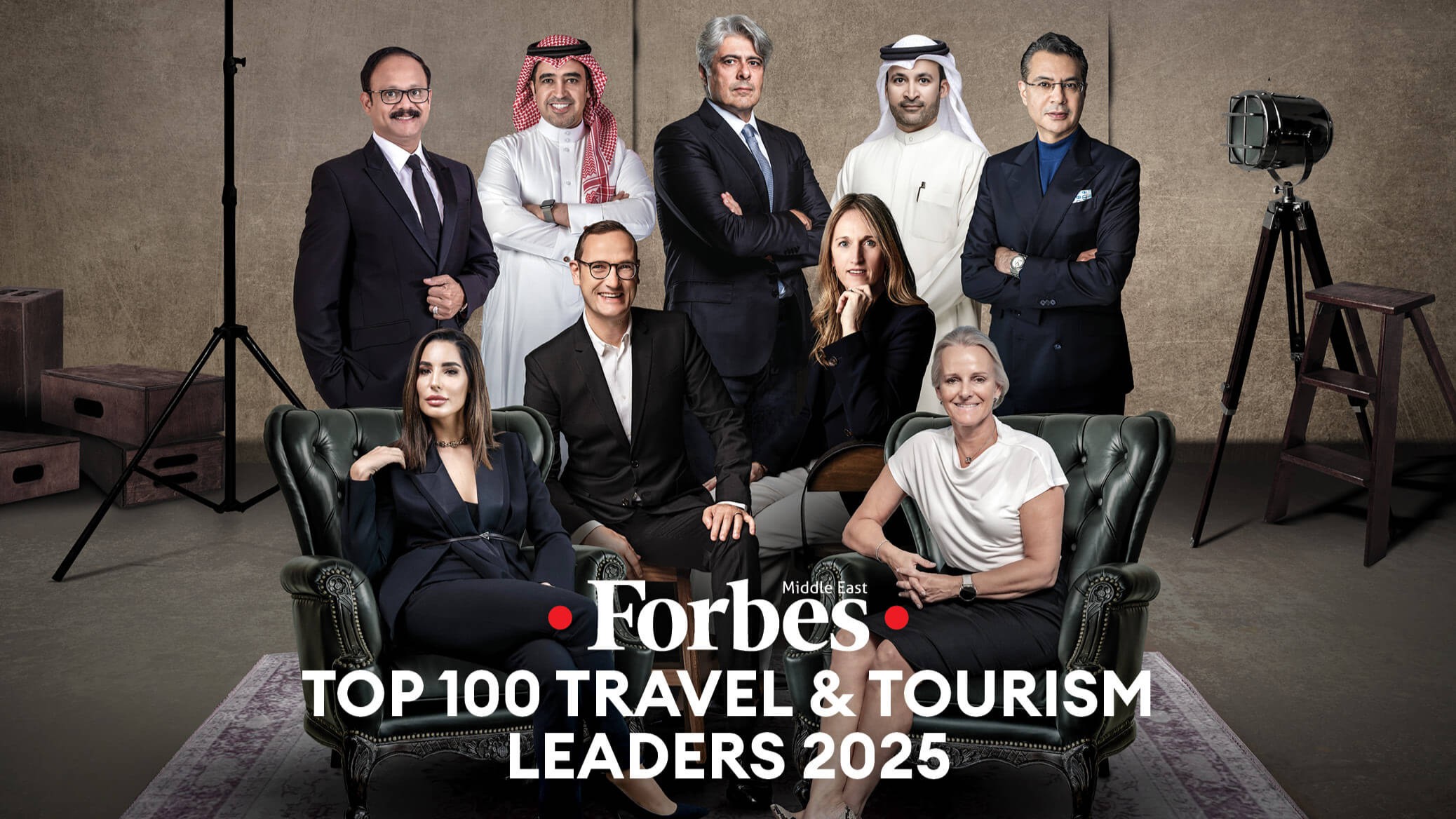Abu Dhabi — The Middle East continues to strengthen its role as one of the world’s most dynamic travel and tourism hubs. Despite geopolitical challenges, the region is recording rapid developments in aviation, hospitality, heritage, and leisure sectors, anchored by global partnerships and multi-billion-dollar projects.
The Top 100 Travel and Tourism Leaders 2025 presents the most influential figures shaping the industry across public and private domains. From sovereign wealth-backed developers to airline chiefs and hospitality pioneers, these leaders reflect the region’s ambition to diversify economies, attract global visitors, and set new benchmarks in service excellence.
Among the highlights, Miral has partnered with The Walt Disney Company to launch the Middle East’s first Disney theme park and resort on Yas Island in Abu Dhabi, joining only six others worldwide. Simultaneously, heritage-driven initiatives gain momentum through organizations like the Diriyah Company, Boutique Group, and the Royal Commission for AlUla. Eco-tourism innovators such as ENVI Lodges also join the ranks, reinforcing a commitment to sustainable development.
At the helm of the 2025 list are three influential figures: H.H. Sheikh Ahmed bin Saeed Al Maktoum, Chairman and Chief Executive of Emirates Airline & Group; Fahd Hamidaddin, CEO of the Saudi Tourism Authority; and Badr Mohammed Al-Meer, Group CEO of Qatar Airways. Their leadership underscores the region’s dominance in global aviation and destination marketing.
The distribution of leaders highlights the geographic spread of influence. The United Arab Emirates hosts 49 names, Saudi Arabia follows with 24, while Egypt, Oman, Jordan, and Morocco contribute significantly. Qatar and Bahrain each present three leaders, with Kuwait and Tunisia completing the list. This balance underlines the collaborative yet competitive dynamics shaping regional tourism.
Beyond aviation, the list includes executives from hotel giants such as Marriott International, Jumeirah, Hilton, Rotana, Accor, and Kerzner International. Destination managers from Ras Al Khaimah, Sharjah, and AlUla also feature prominently, reflecting the rise of secondary cities as prime travel markets.
Tourism development funds, airport authorities, and cultural commissions are equally represented, underscoring a holistic ecosystem. From large-scale luxury investments to boutique heritage projects, the sector continues to evolve as both an economic driver and a cultural bridge.
As 2025 progresses, the Middle East is expected to cement its standing as a global tourism powerhouse, balancing innovation with tradition, and infrastructure with sustainability. These 100 leaders represent not only corporate milestones but also the region’s shared vision of redefining travel for future generations.







